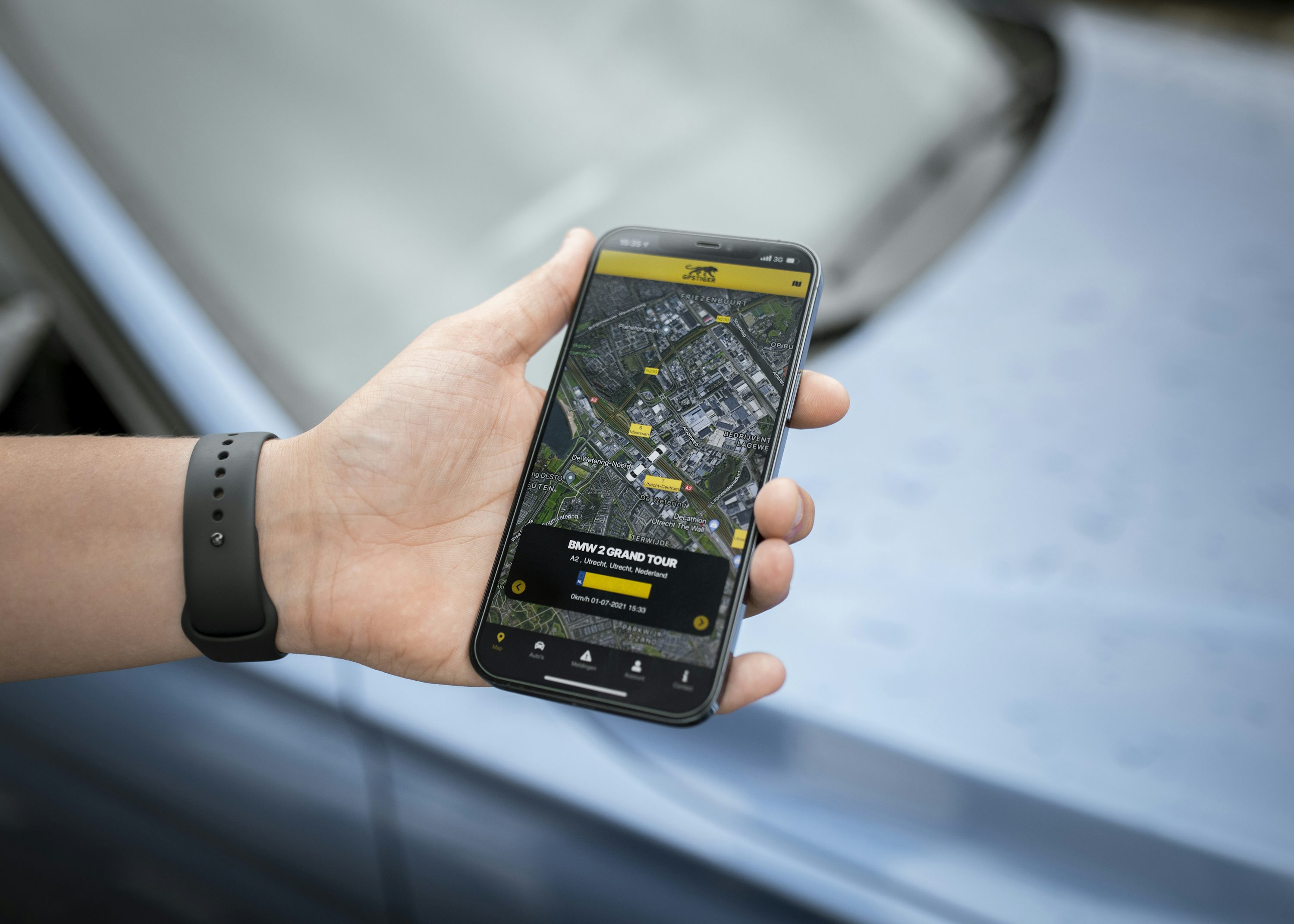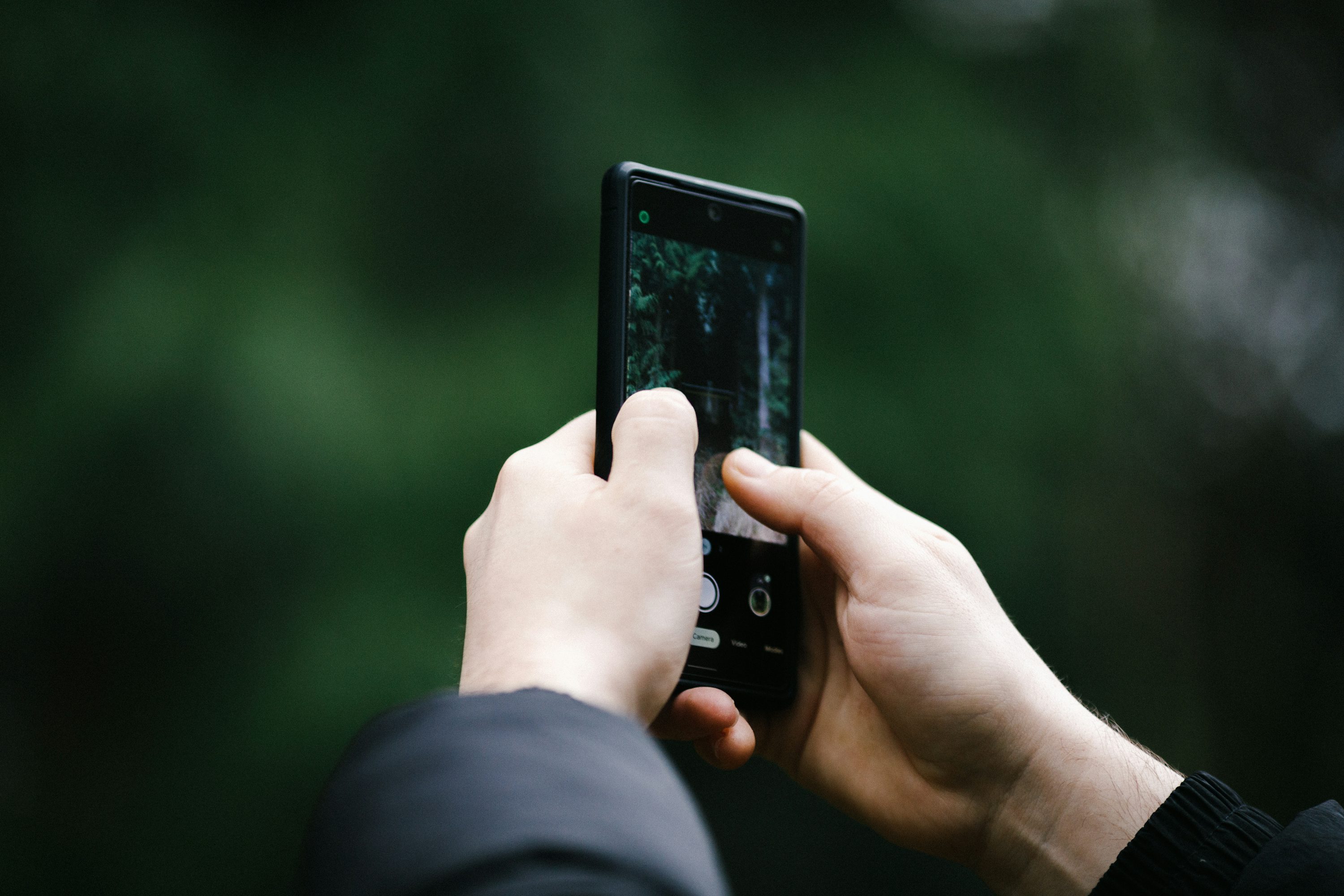Today, the smart phone has become an extension of our body, and we are used to the convenience it brings and the authorization requests it pops up from time to time. Among them, the most common and confusing thing is to ask for location information. Why should an application that seems to have nothing to do with geographical location persist in knowing where you are? Behind this seemingly simple question lies a series of complex logic and business considerations in the digital world.

Initially, the most direct reason is the realization of functions. The core services of many applications depend on location data. For example, taxi software needs to know exactly where you get on the bus, map application needs to plan navigation routes for you, and weather forecasting software needs to determine your city to provide accurate information. These requests are obvious, and they are also the "price" that users are willing to pay in order to obtain services. But beyond that, there are many less intuitive application scenarios.
Secondly, location information is the cornerstone of personalized service. Digital advertising is the key to driving many free applications. By knowing your location, advertisers can push more targeted content for you. Suppose you are near a large shopping mall, and your mobile phone may receive coupons from nearby restaurants; If you frequent a gym, you may see advertisements about sports equipment or nutritional supplements. This marketing strategy of "thousands of people and thousands of faces" is realized through data analysis such as location information, aiming at improving the click-through rate and conversion rate of advertisements.

Thirdly, location data is very important for the optimization of user experience. For example, social media applications may want to know which friends you are with nearby, so as to give priority to their content in your news, or remind you to share this moment with them. Photo editing software may automatically add geographical location tags to your photos to make your memories more complete. This location-based contextual information makes the application more "smart" and "humanized", thus improving the user's stickiness and usage frequency. At the same time, by analyzing the user's moving trajectory and staying habits, developers can better understand the user's behavior, thus constantly iterating and improving the product design to make it more suitable for actual needs.

However, we must realize that the request for location information is also accompanied by privacy risks. When we authorize our location data to an application, we don't know how these data will be used, stored and shared with third parties. Although many platforms claim to anonymize data, with the development of big data analysis technology, seemingly harmless location trajectories may also be used to infer your living habits, social relationships and even workplaces.
Therefore, the next time the application requests your location authorization again, think about it for a second. Is it really to provide better service, or just to capture your whereabouts for commercial use? Understanding the logic behind these can help us make more informed decisions and better protect our personal privacy while enjoying digital convenience.



